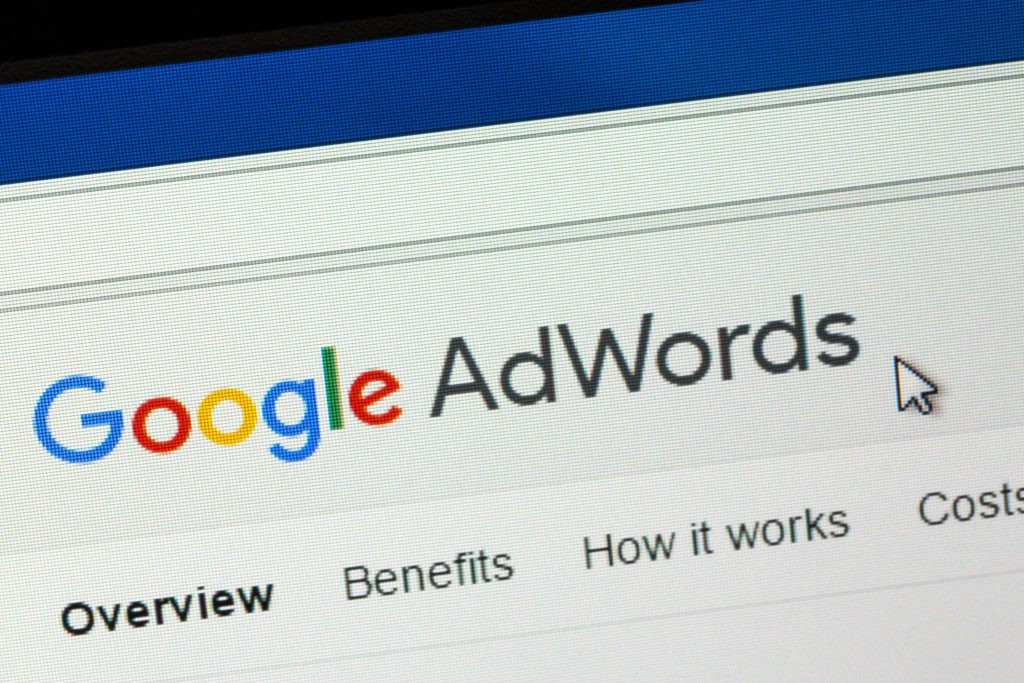The world has been paralyzed by an unseen assailant. The novel coronavirus, or COVID-19, pandemic has brought a lot of countries to their knees driving everyone home and paralyzing industries and workplaces. The disease, which started to break out in Wuhan, a city in China, has rapidly spread all over the world in a matter of weeks.
Present Situation
At present, the COVID-19 pandemic is affecting more than 200 countries with over 860,000 reported cases. So far, almost 180,000 people have recovered from it. However, not everyone was fortunate enough. The reported number of fatalities is already at 42,344 with a lot more expected as the number of infected people is still on the rise.
Governments have ordered already ordered most non-essential businesses to be shut down indefinitely until this health crisis has been contained. Factories and plants have ceased operations. Smaller businesses have closed their doors. Some companies have adopted a work-from-home set-up to keep their business going and still support their employees. Some folks, however, do not have that advantage as certain demographics have been furloughed.
Keeping the Economy Going
Companies that can afford it acquire the services of fractional CMO or contract manufacturing organization professionals to help their businesses survive the crisis. They hope to mitigate the economic effects of the pandemic by employing certain strategies and recommendations from experts.
The only brick-and-mortar businesses allowed to still operate are the ones that are crucial for survival. Hospitals, treatment centers, and drug stores are non-negotiables at this time. Other types of businesses that remain operational are supermarket and food stores, banks, gas stations, postal services, and hardware shops.
Some companies are giving employees the chance to do remote work at this time. Most white-collar workers are taking their jobs home with them under a remote work arrangement program.
A lot of folks have taken to going online with their business and affairs, trying to make ends meet by working with whatever opportunity is there. Some are opening online shops via different platforms like eBay, Amazon, Mercari, and similar outlets. Others have offered their services to help walk dogs or prep meals or do grocery runs for others.
Reliefs and Aids

The U.S. government has already come up with several recommendations and has implemented some of them to help alleviate the current economic impact that the coronavirus has. The deadline for filing taxes, for instance, has been extended along with some other tax breaks for qualified individuals and entities.
The Senate has passed a $2 trillion relief bill that will help bring relief to millions of Americans all over the country. This includes the universal basic income that is supposed to keep non-essentials of the streets for the next few months but still make income to feed their families. Private corporations and some businesses have either extended payment deadlines or waived them off. The HUD has encouraged the suspension of evictions and foreclosures to prevent people from getting kicked out of their homes. At this point, people are doing whatever they can to help sustain other people during this crisis.
While law and policymakers cannot do a thing to prevent economies from taking a direct hit from the coronavirus pandemic, they can help cushion it from greater impacts. How quickly this crisis will pass, no one knows. The U.S. economic recovery will depend on how well people will practice social distancing.


